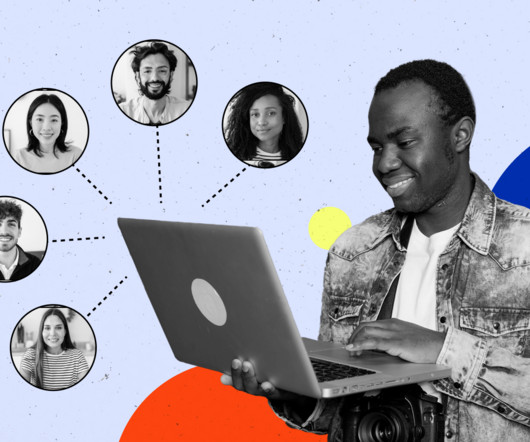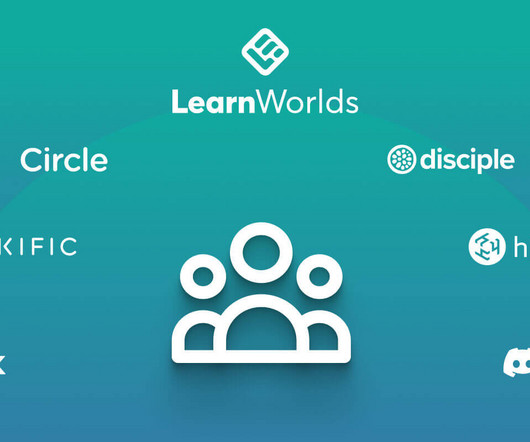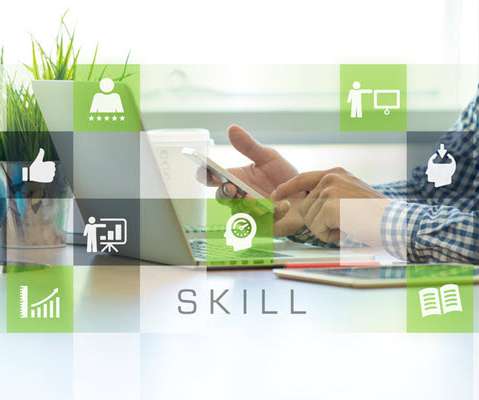Using Social Networking in Education
LearnDash
JULY 21, 2014
Most people would probably assume that today social networking and education are now pretty interrelated. Social networking platforms are part of mainstream culture. who have internet access use social networking technologies for blogging, chatting, online communities and more.

















































Let's personalize your content